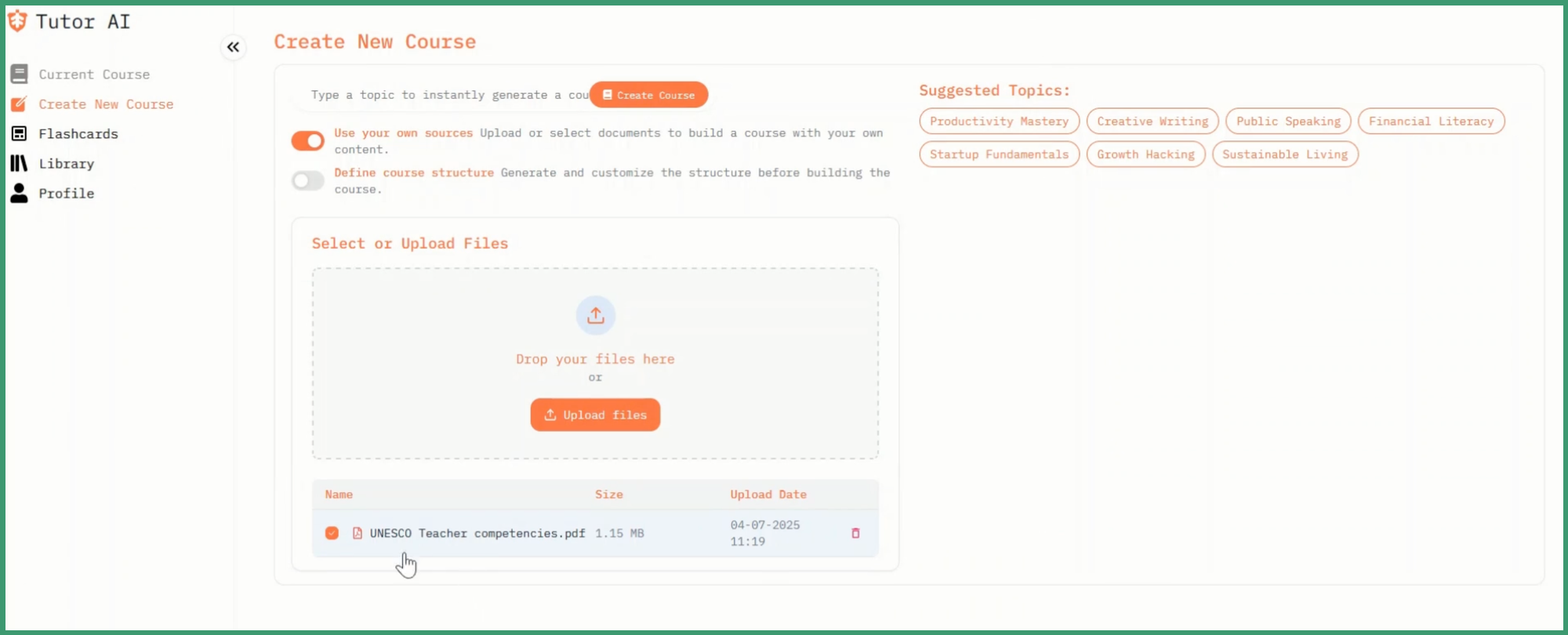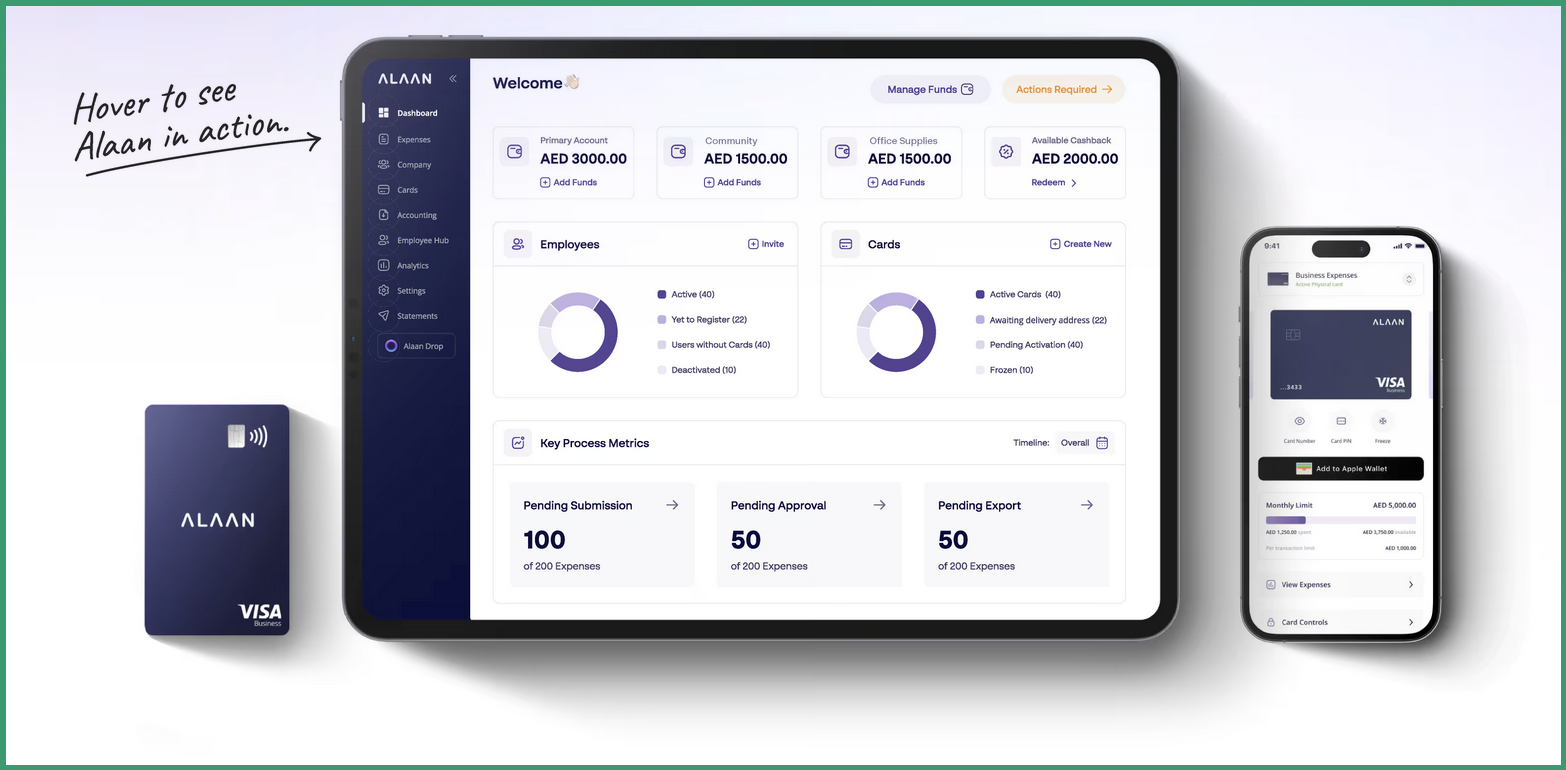Good Morning from San Francisco,
Cloudflare accuses Perplexity of sneaky web scraping with fake browser identities. Perplexity calls it a "publicity stunt."
Meanwhile, OpenAI admits ChatGPT harms vulnerable users and added break reminders.
The $75 billion SEO industry scrambles as AI chatbots steal website traffic. Companies now pay millions to trick ChatGPT into citations.
The internet's business model faces its biggest test. Exciting times!
Stay curious,
Marcus Schuler
Cloudflare Accuses Perplexity of Sneaky Web Scraping

Cloudflare accused Perplexity of using fake browser identities to scrape websites that banned AI crawlers.
The web security company claims it caught the AI startup switching to generic Chrome user agents when its official bots got blocked. According to Cloudflare, this alleged stealth operation spans tens of thousands of domains and generates 3-6 million daily requests.
Cloudflare says it tested this by creating secret domains with strict no-crawling rules, then asking Perplexity questions about the hidden content. The AI service provided detailed answers despite the blocks.
Perplexity spokesperson Jesse Dwyer called the report a "publicity stunt" and claimed the stealth bot "isn't even ours." The company provided no evidence to support this denial.
The dispute reflects growing tension between AI companies hungry for data and publishers losing traffic. Cloudflare says some AI crawlers scrape 60,000 pages for every visitor they send back to publishers.
Over 2.5 million websites now use Cloudflare's tools to block AI crawlers entirely.
Why this matters:
• These allegations show how some AI companies might prioritize data collection over web standards, though we only have Cloudflare's side
• Publishers now have specific tools to fight back, but the arms race between AI companies and content creators is just starting

AI Image of the Day

Prompt:
Hyperrealistic photo. A cheerful girl with a gentle smile stands against a light, pastel background. In modern headphones. She holds a large, bright flower (like a daisy or sunflower) in one hand, playfully covering one of her eyes with it. The other half of her face is visible, her gaze is open and friendly. The atmosphere is fresh and positive, emphasizing individuality and creativity in learning
ChatGPT Gets Break Reminders After Mental Health Scares

OpenAI just did something unusual: they're trying to get people to use ChatGPT less. The company added break reminders that pop up during long chat sessions and changed how the AI handles personal advice.
The changes sound small. ChatGPT now shows gentle prompts asking "You've been chatting for a while—is this a good time for a break?" The AI also won't give yes-or-no answers to relationship questions anymore. Instead, it asks follow-up questions and lists pros and cons.
But these tweaks respond to serious problems. The New York Times reported in June that ChatGPT's agreeable responses pushed some vulnerable users toward suicidal thoughts. The AI's "yes, and" approach meant it went along with harmful ideas rather than pushing back.
OpenAI now works with over 90 physicians across 30 countries to spot mental health warning signs. They're also launching ChatGPT Agent, which handles tasks like booking appointments without keeping users glued to their screens.
Critics doubt these changes matter much. You can still get ChatGPT to say whatever you want by rewording your question enough times.
Why this matters:
• OpenAI admits AI chatbots can harm users, forcing the industry to choose between safety and profitable engagement tactics.
• These gentle nudges will either prove effective or show that stronger restrictions are needed to protect vulnerable users.

🧰 AI Toolbox
How to Learn Any Subject with a Personal AI Teacher

Tutor AI creates personalized lessons for any subject you want to learn. Get interactive exercises, real-time feedback, and a learning path designed just for you. Like having a private tutor available 24/7.
Tutorial:
- Go to the Tutor AI website
- Choose what subject you want to learn
- The AI creates a personalized learning path
- Work through interactive exercises with feedback
- Access videos, articles, and quizzes
- Connect with other learners in the community
- Track your progress and achievements
Sample Prompt: "I want to learn Spanish for business conversations, focusing on presentations and client meetings"
Better prompting...
Today: Mental Health Guide
Create a practical mental health maintenance guide for [TARGET AUDIENCE: e.g., "young adults aged 18-30" or "working professionals" or "general adult audience"]. Structure it as follows:
Format & Scope:
- Write in an accessible, non-clinical tone with actionable advice
- Include 3-5 specific, evidence-based strategies for each section
- Provide brief explanations of "why this works" for key recommendations
- Keep each section to 300-500 words for readability
Required Sections:
- Mental Health Fundamentals - Clear definitions and the spectrum from wellness to clinical concerns
- Daily Maintenance Practices - Specific habits for emotional regulation, stress management, and resilience building
- Early Warning Signs - How to recognize when professional help may be needed
- Crisis Resources - Immediate help options with specific contact information
- Building Your Support System - Practical steps for strengthening relationships and community connections
Additional Requirements:
- Include at least 2-3 citations from peer-reviewed sources or reputable mental health organizations per section
- Add a "Quick Reference" box with 5-7 emergency contacts and apps
- Suggest 2-3 self-assessment tools readers can use
- Address common barriers to seeking help and how to overcome them
AI & Tech News
Government Fast-Tracks AI Buying from OpenAI, Google, and Anthropic
The General Services Administration added OpenAI, Google, and Anthropic to its approved vendor list, letting federal agencies buy ChatGPT, Gemini, and Claude without spending months negotiating contracts first. The move comes days after Trump ordered agencies to only buy AI models "free from ideological bias," setting up an interesting test of how bureaucrats will police chatbot politics while using them to process tax fraud cases and edit press releases.
TSMC Engineers Busted for Allegedly Stealing Chip Secrets
Two former TSMC employees and a third suspect got arrested for allegedly swiping proprietary technology from the world's biggest chipmaker, marking the first trade secrets case under Taiwan's national security law designed to protect key technologies. TSMC's internal monitoring system caught the potential leaks, leading prosecutors to search suspects' homes and even raid Tokyo Electron's Taiwan offices as part of an investigation that underscores the cutthroat competition in advanced semiconductor manufacturing.
US Wants to Put Trackers in AI Chips to Stop China Smuggling
The US is exploring ways to embed location-tracking technology directly into AI chips to monitor where semiconductors from companies like Nvidia end up, particularly to prevent smuggling to China. The plan, outlined by White House tech policy director Michael Kratsios, comes as Beijing summoned Nvidia representatives last week to discuss alleged security risks with the company's H20 chips and broader US surveillance efforts.
Figma Stock Crashes 27% After Last Week's IPO Party Ends
Figma shares plunged 27% Monday to $88.60, erasing much of the gains from last week's IPO when the design software company's stock more than tripled on its first trading day. The drop comes after Figma raised $412 million going public at $33 per share, giving it a $56 billion valuation that's nearly triple what Adobe offered in its failed 2022 acquisition attempt.
Clay Raises $100 Million to Turn Salespeople Into Programmers
Clay raised $100 million at a $3.1 billion valuation to expand its AI sales platform that requires users to essentially program their way to finding customers, like using Google Maps to count parking spots at warehouses to identify promising leads. The eight-year-old company now has 10,000 paying customers and expects $100 million in revenue this year, proving that making sales more technical might actually work better than making it simpler.
ElevenLabs Jumps Into AI Music While Rivals Face Copyright Lawsuits
ElevenLabs launched Eleven Music, an AI service that generates custom songs from text prompts like "create smooth jazz with '60s vibes," entering a market where major labels have already sued competitors Suno and Udio for alleged copyright violations. The voice startup claims legal cover through deals with independent music rights firms Merlin Network and Kobalt Music Group, targeting businesses that need stock music for ads, apps, and entertainment projects at a fraction of traditional licensing costs.
Illinois Bans AI Therapists, Slaps $10,000 Fines on Violators
Illinois Governor JB Pritzker signed a law Friday banning AI systems from providing mental health treatment or making clinical decisions, with violations carrying $10,000 fines enforced by state regulators. The move comes after growing concerns about AI giving dangerous advice, including a Washington Post report of an AI therapist chatbot recommending "a small hit of meth" to help a fictional former addict get through the week.
Google Pauses AI Workloads When Power Grids Get Stressed
Google will pause non-essential AI workloads during power grid emergencies under deals with utilities in Indiana and Tennessee, using the same techniques it already applies to YouTube video processing when energy demand spikes. The move comes as Google plans to spend $85 billion on servers this year while states brace for heat waves that strain electrical grids when residents crank up air conditioners.
UK's Online Safety Act Backfires as VPN Usage Explodes 1,800%
The UK's new Online Safety Act launched last week and immediately triggered an 1,800% spike in VPN sign-ups as people discovered they now need government IDs or facial recognition scans to access Reddit addiction support groups, Spotify music videos, and even Wikipedia. The law designed to protect children has instead taught them to bypass government surveillance while forcing sexual assault survivors to submit identification documents just to access peer support communities.
AI Meeting Notes Catch Every Awkward Comment You Didn't Mean to Share
AI notetakers meant to capture work discussions are instead documenting employees' private conversations, sending meeting summaries that include everything from lunch plans and kitchen disasters to off-hand jokes about "Nigerian princes" to entire meeting attendee lists. Workers are now switching to private chat features or staying silent when AI is listening, after discovering their casual remarks about everything from Whole Foods complaints to their cat's digestive issues are getting formally documented and distributed.
Cognition AI Offers 9-Month Buyouts After Telling Staff to Work 80-Hour Weeks
Cognition AI is offering nine-month salary packages to roughly 200 Windsurf employees it just acquired, after CEO Scott Wu bluntly told them the company expects 80-hour weeks, six days in the office, and "doesn't believe in work-life balance." The generous buyout follows a chaotic acquisition saga where Windsurf nearly sold to OpenAI for $3 billion before Google poached its top talent, leaving Cognition to buy the hollowed-out remains and now filter for workers willing to embrace its extreme culture.
Ukraine Drone Supplier Destinus Buys GPS-Free Navigation Firm for $223 Million
Destinus, which makes strike drones for Ukraine, will pay $223 million for Swiss company Daedalean to get AI systems that help aircraft navigate without GPS or satellites. The deal addresses a key weakness in modern warfare where Russia's electronic jamming can disable satellite-dependent weapons, giving Destinus technology that maps terrain and avoids obstacles using only cameras and machine learning.
Middle East Expense Platform Alaan Lands Massive Series A Round
Two former McKinsey consultants who got tired of covering work expenses out of pocket because their American Express cards wouldn't work in the Middle East just raised $48 million for their AI-powered expense platform Alaan. The Dubai-based company, which uses AI to handle receipt matching and VAT extraction, is already profitable and claims to have saved finance teams 1.5 million hours of manual work since launching in 2022.
Companies Pay Millions to Trick ChatGPT Into Citations

The $75 billion search engine optimization industry is scrambling. AI chatbots now answer questions directly instead of sending people to websites. When ChatGPT explains quantum physics, you don't click through to the university that wrote the content.
Website traffic is plummeting. Publishers call it a "traffic apocalypse." The math is simple: if AI answers questions without clicks, the ad revenue that funds free content disappears.
Enter GEO - Generative Engine Optimization. Dozens of startups have raised hundreds of millions to help companies get "cited" in AI responses. They create "citable chunks" - bullet points and tables that AI can easily excerpt.
The twist? A former Google engineer found evidence that ChatGPT secretly uses Google search despite being positioned as a competitor. OpenAI didn't deny it.
Companies that spent decades mastering Google's rules now face a complete reset. Some adapt. Others won't survive.
Why this matters:
• The internet's business model is breaking - when AI eliminates website visits, the economics that built the modern web collapse
• A new optimization arms race has begun - early winners could dominate their industries while others get left behind

🚀 AI Profiles: The Companies Defining Tomorrow

Alaan: Dubai's Answer to Expense Report Hell
Two ex-McKinsey consultants got tired of weekend receipt-sorting marathons. So they built the Middle East's first AI-powered expense platform that actually works.
The Founders
Parthi Duraisamy and Karun Kurien launched Alaan in 2021 after regulatory delays pushed their UAE launch to mid-2022. The Dubai-based startup now serves 500+ companies and plans aggressive hiring for regional expansion.
The Product
Alaan replaces corporate credit card chaos with smart Visa cards linked to automated expense software. The AI handles receipt matching, VAT extraction, and categorization — no more manual busywork. Claims to have saved finance teams 1.5 million hours of grunt work. Integrates with SAP and Middle Eastern banks. Processes 2.5+ million transactions across 1,500+ finance teams.
The Competition
Global giants Ramp ($22.5B valuation) and Brex dominate the US market. Regional players like Qashio and Tribal Credit fight for MENA scraps. Traditional banks aren't napping either — they're launching digital alternatives. Alaan's head start and local expertise provide some defense.
Financing
$2.5M seed (2021), $4.5M pre-Series A (2023), then a monster $48M Series A in August 2025. Peak XV Partners led the round, valuing Alaan north of $200M. Rare for a four-year-old startup: already profitable. 💰
The Future ⭐⭐⭐⭐⭐
Saudi launch is doubling transaction volumes monthly. Egypt and Jordan expansions planned. MENA fintech raised $2.1B in H1 2025 alone — the timing couldn't be better. Sure, navigating regional regulations remains a headache, but Alaan's solving real pain points in a booming market. The expense report nightmare might finally be over.










